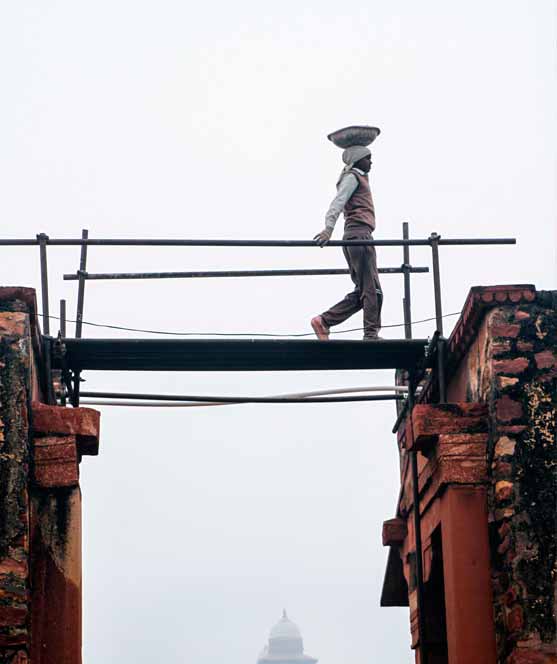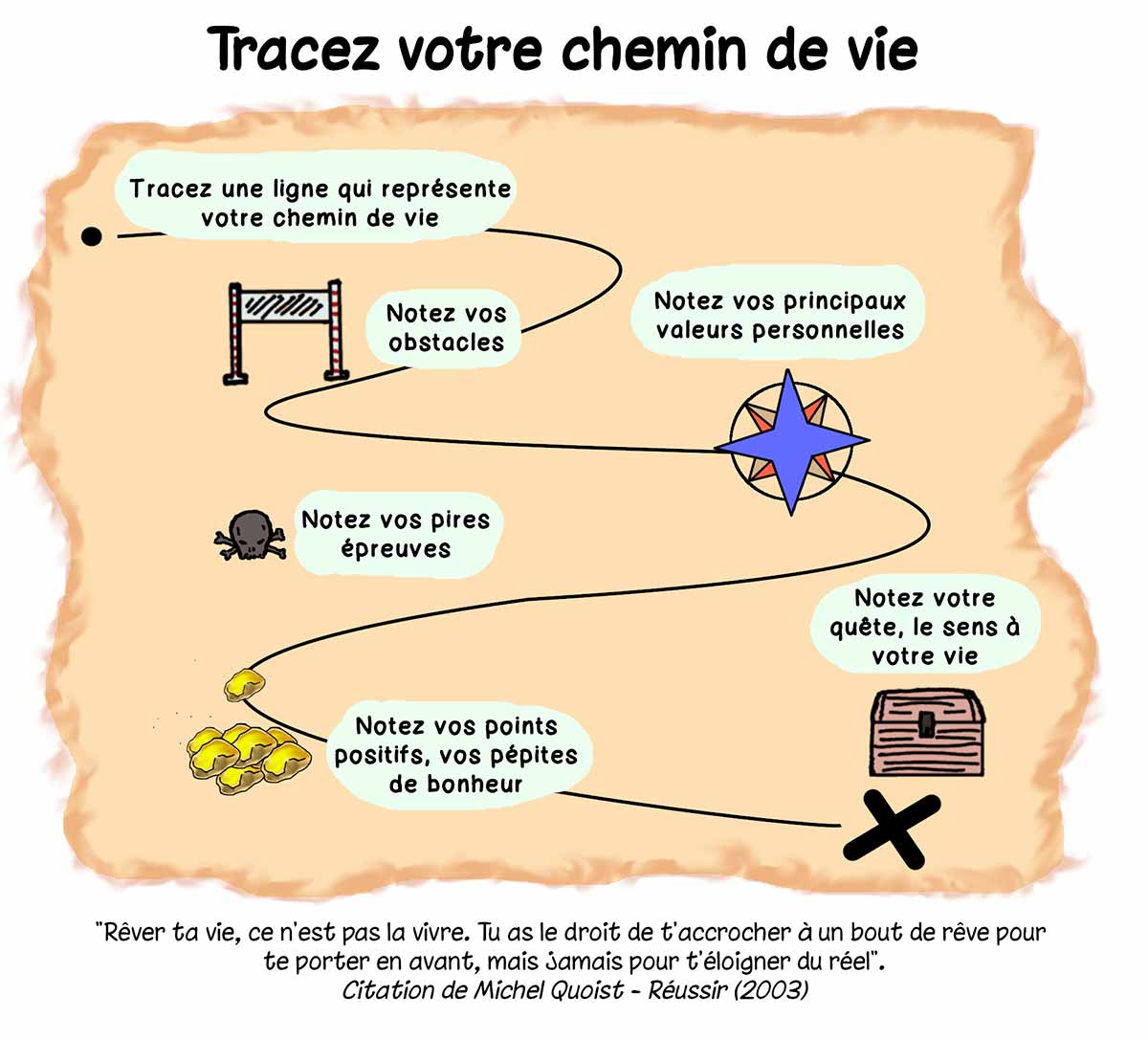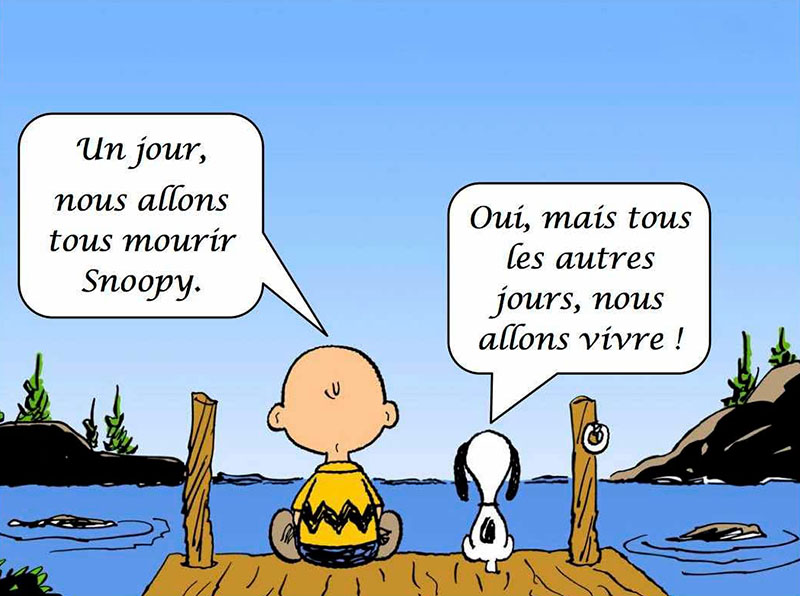Life check

When is the time to do one?

It was after my training as a funeral celebrant that I realized that I regretted not having been there to hold company to the deceased while they were still alive to make a difference on their life.
What do we think about our life?
What would we like to do while we’re still alive?
How does it go ?

My proposition is to encourage you to enjoy your time, to avoid regrets, and tell yourself that you can enjoy your life until your very last breath.
The aim is to realize how fulfilling has been your life, even if many people may think they could or should have done more, otherwise, or whatever.
This is a two-person journey that you will be able to do with me throughseveral listening sessions that will let you lay the foundations for reflection and set up your own well-being goals.
It is about taking the time to sit down and contemplate what you have done and what you would like to do or be for the rest of your life.
It is precisely by realizing that the rest of your life starts right here right now, that we can achieve a life check.
It’s never too late to ask yourself the questions that wil change or slow down your life.

«Live your life to the fullest, and then, only then, die.” Don’t leave unlived life behind.»
Irvin D Yalom

A life without regrets

What are the biggest regrets in life?
It is on your deathbed that you realize what you havemissed.
Bronnie Ware has seen people die from it. Aa a palliative care nurse in Australia, she has accompanied patients towards the end of their life for many years.
She noticed that the regrets entrusted to death beds were often the same. On her blog, Inspiration and Chai, she established the Top 5 of those regrets.
Before dying, people generally regret:
1- To have led a life that pleased others more than them
«It’s the most common regret,” says Bronnie. “When people realize that their lives are almost over and they have a clear look at what they’ve been through, they find that many dreams have gone unfulfilled. Most people haven’t achieved half of their dreams, and they have to die knowing it was because of the choices they made, or refused to make. »
2 – For having worked so hard
« This regret is common to all the male patients I have cared for. They have missed out on the youth of their children and the company of their partner. »
3 – Not having had the courage to express their feelings
« A lot of people haven’t expressed their feelings about staying at peace with others. As a result, they lived a life that was not their own. They have not become what they could have been. Many illnesses developed later because of this bitterness andregrets. »
4 – Not having kept in touch with theirfriends
« A lot of my patients have been too busy in their lives and they’ve letsome friendships unravel. It is very common for people to miss these friends and think of them when they die. »
5 – Not having chosen to be happier
« It’s surprising, but it comes up often. Many did not realize that happiness is a choice. They were stuck in their old patterns and in their old ways. The fear of change causes them to be satisfied with certain things when deep inside, they longed to laugh or be stupid in their life again. »
